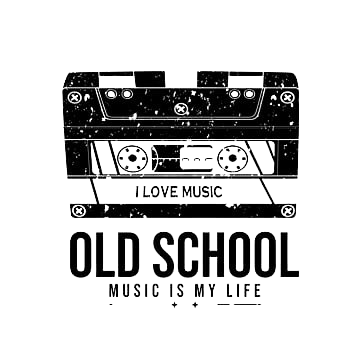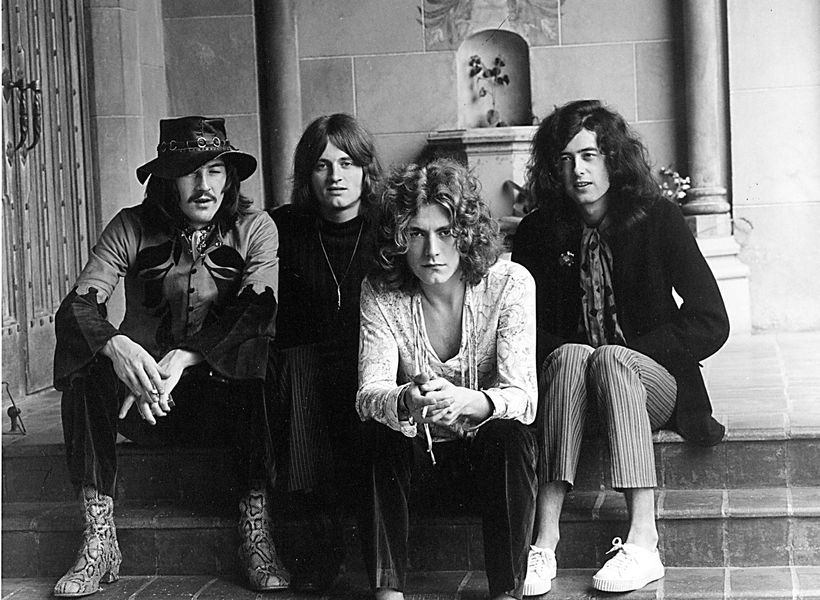On another grey day in London, Led Zeppelin’s Jimmy Page was slogging through yet another endless session recording. By 1965, he’d been working as a studio guitarist for a number of years and had earned quite the reputation. And yet, he couldn’t help but feel something was missing. As he would later recall: “At one point, I was playing at least three sessions a day, six days a week! And I rarely ever knew in advance what I was going to be playing. But I learned things even on my worst sessions – and believe me, I played on some horrendous things. I finally called it quits after I started getting calls to do Muzak. I decided I couldn’t live that life anymore; it was getting too silly. I guess it was destiny that a week after I quit doing sessions Paul Samwell-Smith left the Yardbirds and I was able to take his place.”
But, after a few years of playing with The Yardbirds, Page’s thirst was still unquenched. He wanted something he could call his own, a band with whom he could take on the world. It was that ambition that started Page on a hunt for the musicians who would become Led Zeppelin and which – in 1967 – would take him to a small venue in The Black Country where Robert Plant and John Bonham’s band were performing. The two musicians had met a year or so prior to the formation of Led Zeppelin when Bonham caught one of Plant’s sets. “He came up to me after the show, and he said, ‘You’re pretty good. But you’d be a lot better if you had a drummer like me,” Plant once recalled.
The singer was taken aback by the sheer arrogance of Bonham’s comments but, after hearing him play, he couldn’t deny the drummer had natural talent. Bonham quickly earned a reputation as the loudest and most imposing drummer in the West Midlands. It was precisely this energy that Jimmy Page was looking for. After seeing Plant and Bonham on stage together, Page was convinced that he’d found the final pieces of the jigsaw. After a great deal of back and forth, the two virtuosos finally agreed to join Page and John Paul Jones in a rehearsal room on August 12, 1968.
As Jones recalled in an interview in 1990: “We first played together in a small room on Gerrard Street, a basement room, which is now Chinatown. There was just wall-to-wall amplifiers, and a space for the door – and that was it. Literally, it was everyone looking at each other – ‘what shall we play?’ Me doing more sessions, didn’t know anything at all. There was an old Yardbirds’ number called Train Kept a Rollin’… The whole room just exploded.”
Adding: “I remember the little room, all I can remember it was hot and it sounded good – very exciting and very challenging really, because I could feel that something was happening to myself and to everyone else in the room,” Robert Plant said in that’s name interview.” It felt like we’d found something that we had to be very careful with because we might lose it, but it was remarkable: the power.”
Much of that power, as Jones remembered, came from Bonham, whose intense drumming style acted as the foundation of Led Zeppelin’s stadium-quaking sound: “The first thing to strike me about Bonzo was his confidence,” Jones said. “He was a real cocky bugger in those days.”
What Jones saw as cockiness was, for Bonham, an attempt to disguise his nerves. In the ’70s, he remembered feeling intimidated by the rest of Led Zeppelin: “When I first joined the group, I didn’t know Jimmy and I felt shy,” he said. “He was the big star and had been around for ages with the session thing and The Yardbirds.”
By the end of the session, the Plant, Page, Bonham, and Jones knew they were on to a winner. It was as though everything had slid into place, almost by accident. “We had a good play that day and it went quite well,” Bonham noted. “Even the first time we’d played together, there’s a feeling when you’re playing whether it’s going to be any good, and it was good – very good indeed. But at that time I had no idea it would achieve what it has.”
Led Zeppelin would go on to become one of the most successful bands of the ’70s, earning a level of success second only to The Beatles and The Rolling Stones.

